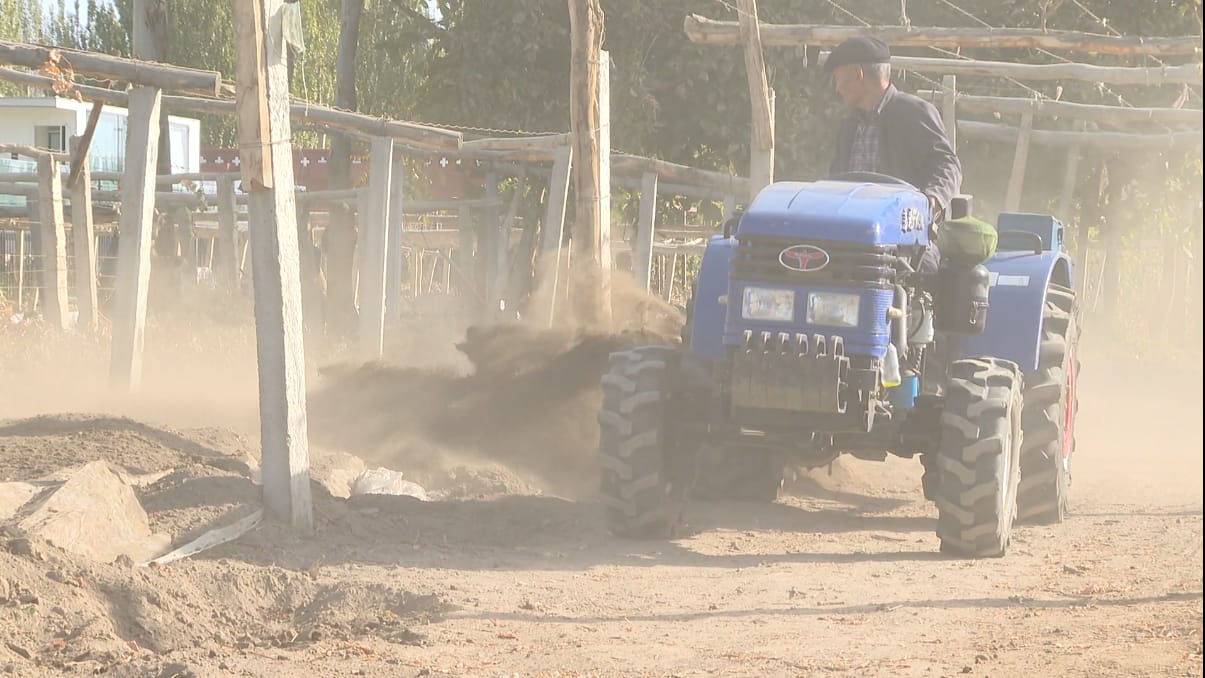Turpan area of China’s Xinjiang Autonomous region is famous for grape farming. Certainly, the area, considered the hottest in China and surrounded by deserts, is the largest producer of grapes in the East Asian nation.
But the success of grape farming in this region is not by chance. Targeted farming projects have ensured that quality fruits are produced in surplus for the benefit of local farmers and the region’s economy, which is dependent on grapes.
One of the initiatives is the empowerment of farmers with the tools necessary to thrive in the industry. The government has, therefore, ensured periodic training of farmers on best practices. Chinese agricultural training institutions play a major role in this regard.
This alone is not enough, and the government is also helping farmers establish cooperatives charged with the responsibility of ensuring farmers are well-equipped and have access to modern agricultural machines and technologies.

Farmers here operate various machines to dig out, bury, protect, and transport grape vines.
This is a significant improvement in the mechanization of grape production and these efforts are benefitting the farmers greatly.
A local official confirmed that because of the interventions from the government, farmers from the area are able to supply the markets with over 30 varieties of fresh grapes.
“We train farmers so that they have more knowledge of agriculture and specifically increase their understanding of how to grow grapes. This way, the choice of a variety of grapes to plant and their quality will increase,” he said

 The yields have changed the farmers’ fortunes. Some of the farmers we spoke to said they take home between 25,000 RMB (Ksh.0.5M) and 100,000 RMB (Ksh 2M) per year from the sale of grapes, depending on the size of their farms.
The yields have changed the farmers’ fortunes. Some of the farmers we spoke to said they take home between 25,000 RMB (Ksh.0.5M) and 100,000 RMB (Ksh 2M) per year from the sale of grapes, depending on the size of their farms.
The local government also finds markets for farmers’ produce ensuring that none goes to waste even during periods of bumper harvest around August every year. Local farmers have ready markets in China, Africa, Arab nations, and many others.
The local bread industry has also grown courtesy of grape farming. As a result of Chinese government plans, the current focus on rural revitalization has had a transformative effect, especially on the agriculture industry.





